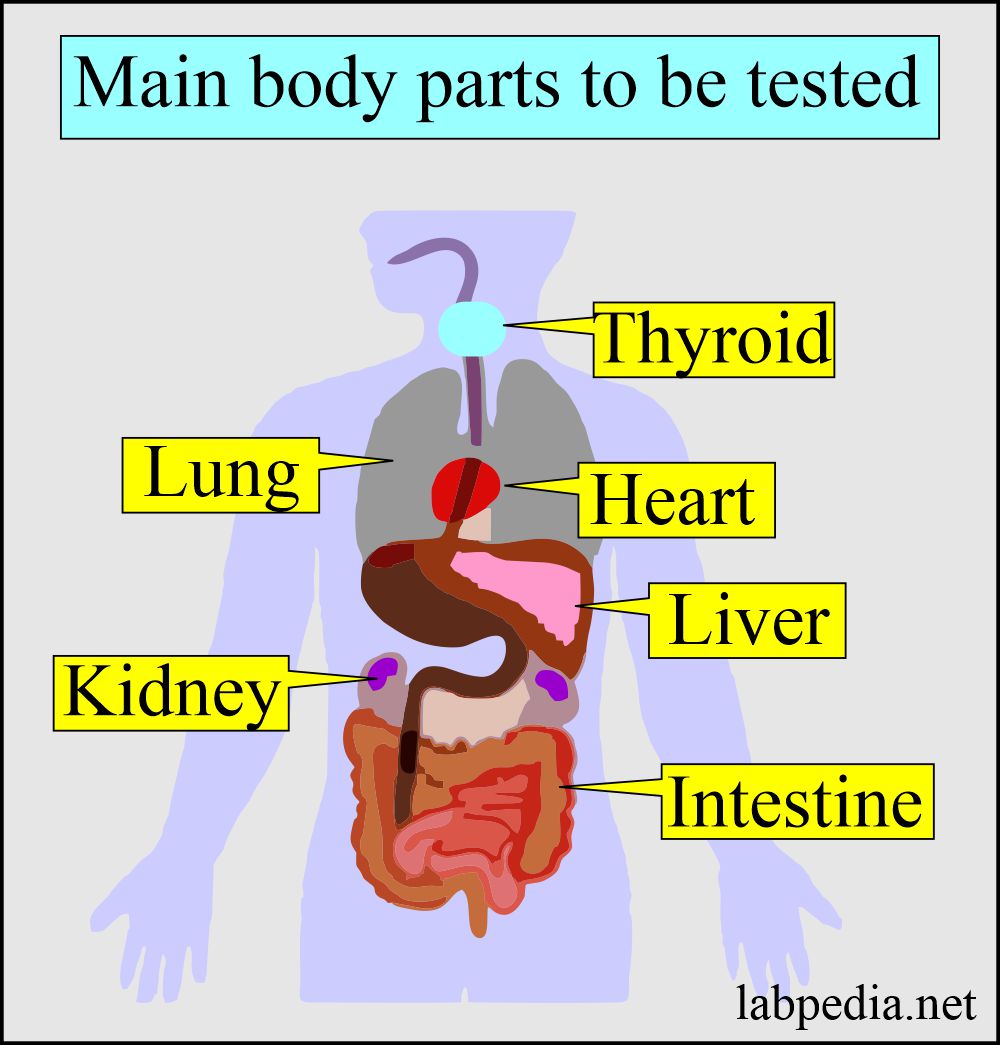General Health:- Part 3 – Chemistry profile For Various Diseases
Chemistry Profile for Various Diseases
What sample is needed for the chemistry profile of the patient?
- Collect blood after 8 to 12 hours of fasting.
- These tests are done on the serum.
- Get good serum: Take 3 to 5 ml of blood in the disposable syringe or vacutainer. Keep the syringe for 15 to 30 minutes and then centrifuge for 2 to 4 minutes to get the clear serum.
What are the indications for Chemistry profiles For Various Diseases?
- This battery of tests is done as a routine workup of a person.
- These tests rule out any pathology, e.g., the liver, kidneys, and other biochemical abnormalities like fat or carbohydrate metabolism.
How will you describe the Chemistry profile of various organs?
What are the markers for liver cell injury or congenital liver disease?
- Total Bilirubin.
- Alkaline phosphatase.
- SGOT and SGPT.
- Total protein.
- Albumin.
- A / G ratio.
- Gamma GT.
- Viral hepatitis markers.
- LDH
What are the cardiac markers for Myocardial infarction or angina?
- CK-MB
- Troponin-T
- Lipids
- Cholesterol.
- Triglycerides.
- HDL.
- LDL.
What are the markers for kidney Function diseases:
- Urea (Blood urea nitrogen)
- Creatinine
- Electrolytes
Electrolyte panel for the status of the hydration of the body:
- Sodium.
- Potassium.
- Chloride.
- CO2.
- pH.
Thyroid function for hypo or hyperthyroidism:
- T 3.
- T 4.
- TSH.
- Free T 4.
Hematological workup for anemia, infections, or leukemias:
- CBC like TLC, DLC, Hb, and ESR.
- Platelets count.

